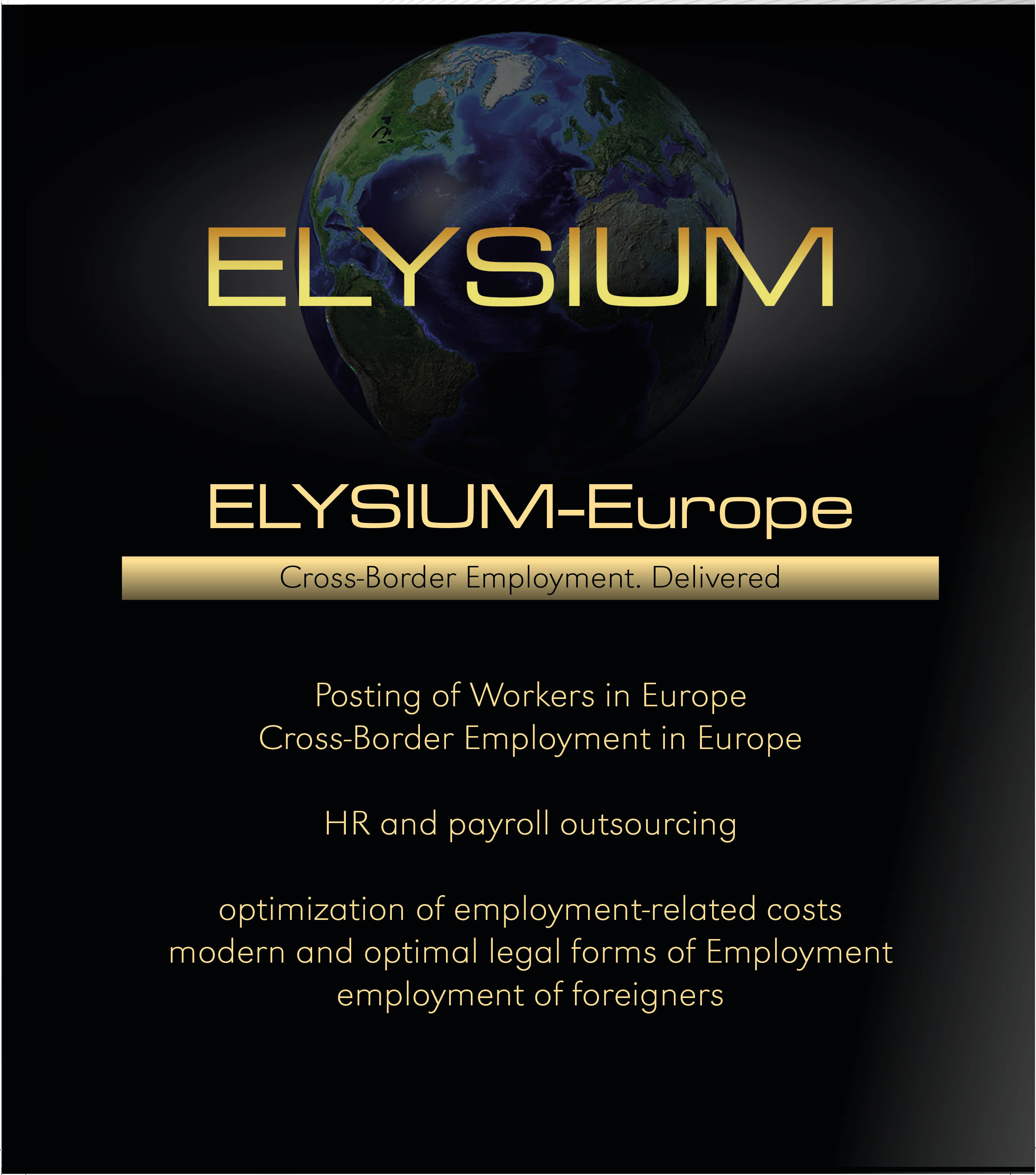REGULATION (EU) No 1215/2012 OF THE EUROPEAN PARLIAMENT AND OF THE COUNCIL
of 12 December 2012
on jurisdiction and the recognition and enforcement of judgments in civil and commercial matters
(recast)
(extract)
THE EUROPEAN PARLIAMENT AND THE COUNCIL OF THE EUROPEAN UNION,
Having regard to the Treaty on the Functioning of the European Union, and in particular Article 67(4) and points (a), (c) and (e) of Article 81(2) thereof,
Having regard to the proposal from the European Commission,
After transmission of the draft legislative act to the national parliaments,
Having regard to the opinion of the European Economic and Social Committee,
Acting in accordance with the ordinary legislative procedure,
Whereas:
(...)
(13) There must be a connection between proceedings to which this Regulation applies and the territory of the Member States. Accordingly, common rules of jurisdiction should, in principle, apply when the defendant is domiciled in a Member State.
(14) A defendant not domiciled in a Member State should in general be subject to the national rules of jurisdiction applicable in the territory of the Member State of the court seised.
However, in order to ensure the protection of consumers and employees, to safeguard the jurisdiction of the courts of the Member States in situations where they have exclusive jurisdiction and to respect the autonomy of the parties, certain rules of jurisdiction in this Regulation should apply regardless of the defendant’s domicile.
(15) The rules of jurisdiction should be highly predictable and founded on the principle that jurisdiction is generally based on the defendant’s domicile. Jurisdiction should always be available on this ground save in a few well-defined situations in which the subject-matter of the dispute or the autonomy of the parties warrants a different connecting factor. The domicile of a legal person must be defined autonomously so as to make the common rules more transparent and avoid conflicts of jurisdiction.
(16) In addition to the defendant’s domicile, there should be alternative grounds of jurisdiction based on a close connection between the court and the action or in order to facilitate the sound administration of justice. The existence of a close connection should ensure legal certainty and avoid the possibility of the defendant being sued in a court of a Member State which he could not reasonably have foreseen. This is important, particularly in disputes concerning non-contractual obligations arising out of violations of privacy and rights relating to personality, including defamation.
(17) The owner of a cultural object as defined in Article 1(1) of Council Directive 93/7/EEC of 15 March 1993 on the return of cultural objects unlawfully removed from the territory of a Member State should be able under this Regulation to initiate proceedings as regards a civil claim for the recovery, based on ownership, of such a cultural object in the courts for the place where the cultural object is situated at the time the court is seised. Such proceedings should be without prejudice to proceedings initiated under Directive 93/7/EEC.
(18) In relation to insurance, consumer and employment contracts, the weaker party should be protected by rules of jurisdiction more favourable to his interests than the general rules.
(19) The autonomy of the parties to a contract, other than an insurance, consumer or employment contract, where only limited autonomy to determine the courts having jurisdiction is allowed, should be respected subject to the exclusive grounds of jurisdiction laid down in this Regulation.
(20) Where a question arises as to whether a choice-of-court agreement in favour of a court or the courts of a Member State is null and void as to its substantive validity, that question should be decided in accordance with the law of the Member State of the court or courts designated in the agreement, including the conflict-of-laws rules of that Member State.
(21) In the interests of the harmonious administration of justice it is necessary to minimise the possibility of concurrent proceedings and to ensure that irreconcilable judgments will not be given in different Member States. There should be a clear and effective mechanism for resolving cases of lis pendens and related actions, and for obviating problems flowing from national differences as to the determination of the time when a case is regarded as pending. For the purposes of this Regulation, that time should be defined autonomously.
(…)
HAVE ADOPTED THIS REGULATION:
CHAPTER I
SCOPE AND DEFINITIONS
Article 1
1. This Regulation shall apply in civil and commercial matters whatever the nature of the court or tribunal. It shall not extend, in particular, to revenue, customs or administrative matters or to the liability of the State for acts and omissions in the exercise of State authority (acta iure imperii).
2. This Regulation shall not apply to:
(a) the status or legal capacity of natural persons, rights in property arising out of a matrimonial relationship or out of a relationship deemed by the law applicable to such relationship to have comparable effects to marriage;
(b) bankruptcy, proceedings relating to the winding-up of insolvent companies or other legal persons, judicial arrangements, compositions and analogous proceedings;
(c) social security;
(d) arbitration;
(e) maintenance obligations arising from a family relationship, parentage, marriage or affinity;
(f) wills and succession, including maintenance obligations arising by reason of death.
Article 2
For the purposes of this Regulation:
(a) ‘judgment’ means any judgment given by a court or tribunal of a Member State, whatever the judgment may be called, including a decree, order, decision or writ of execution, as well as a decision on the determination of costs or expenses by an officer of the court.
For the purposes of Chapter III, ‘judgment’ includes provisional, including protective, measures ordered by a court or tribunal which by virtue of this Regulation has jurisdiction as to the substance of the matter. It does not include a provisional, including protective, measure which is ordered by such a court or tribunal without the defendant being summoned to appear, unless the judgment containing the measure is served on the defendant prior to enforcement;
(b) ‘court settlement’ means a settlement which has been approved by a court of a Member State or concluded before a court of a Member State in the course of proceedings;
(c) ‘authentic instrument’ means a document which has been formally drawn up or registered as an authentic instrument in the Member State of origin and the authenticity of which:
(i) relates to the signature and the content of the instrument; and
(ii) has been established by a public authority or other authority empowered for that purpose;
(d) ‘Member State of origin’ means the Member State in which, as the case may be, the judgment has been given, the court settlement has been approved or concluded, or the authentic instrument has been formally drawn up or registered;
(e) ‘Member State addressed’ means the Member State in which the recognition of the judgment is invoked or in which the enforcement of the judgment, the court settlement or the authentic instrument is sought;
(f) ‘court of origin’ means the court which has given the judgment the recognition of which is invoked or the enforcement of which is sought.
(…)
CHAPTER II
JURISDICTION
SECTION 1
General provisions
Article 4
1. Subject to this Regulation, persons domiciled in a Member State shall, whatever their nationality, be sued in the courts of that Member State.
2. Persons who are not nationals of the Member State in which they are domiciled shall be governed by the rules of jurisdiction applicable to nationals of that Member State.
Article 5
1. Persons domiciled in a Member State may be sued in the courts of another Member State only by virtue of the rules set out in Sections 2 to 7 of this Chapter.
2. In particular, the rules of national jurisdiction of which the Member States are to notify the Commission pursuant to point (a) of Article 76(1) shall not be applicable as against the persons referred to in paragraph 1.
Article 6
1. If the defendant is not domiciled in a Member State, the jurisdiction of the courts of each Member State shall, subject to Article 18(1), Article 21(2) and Articles 24 and 25, be determined by the law of that Member State.
2. As against such a defendant, any person domiciled in a Member State may, whatever his nationality, avail himself in that Member State of the rules of jurisdiction there in force, and in particular those of which the Member States are to notify the Commission pursuant to point (a) of Article 76(1), in the same way as nationals of that Member State.
(…)
SECTION 5
Jurisdiction over individual contracts of employment
Article 20
1. In matters relating to individual contracts of employment, jurisdiction shall be determined by this Section, without prejudice to Article 6, point 5 of Article 7 and, in the case of proceedings brought against an employer, point 1 of Article 8.
2. Where an employee enters into an individual contract of employment with an employer who is not domiciled in a Member State but has a branch, agency or other establishment in one of the Member States, the employer shall, in disputes arising out of the operations of the branch, agency or establishment, be deemed to be domiciled in that Member State.
Article 21
1. An employer domiciled in a Member State may be sued:
(a) in the courts of the Member State in which he is domiciled; or
(b) in another Member State:
(i) in the courts for the place where or from where the employee habitually carries out his work or in the courts for the last place where he did so; or
(ii) if the employee does not or did not habitually carry out his work in any one country, in the courts for the place where the business which engaged the employee is or was situated.
2. An employer not domiciled in a Member State may be sued in a court of a Member State in accordance with point (b) of paragraph 1.
Article 22
1. An employer may bring proceedings only in the courts of the Member State in which the employee is domiciled.
2. The provisions of this Section shall not affect the right to bring a counter-claim in the court in which, in accordance with this Section, the original claim is pending.
Article 23
The provisions of this Section may be departed from only by an agreement:
(1) which is entered into after the dispute has arisen; or
(2) which allows the employee to bring proceedings in courts other than those indicated in this Section.
(…)
| Załącznik | Size |
|---|---|
| Regulation (EU) No 12152012 on jurisdiction.pdf | 1.41 MB |






